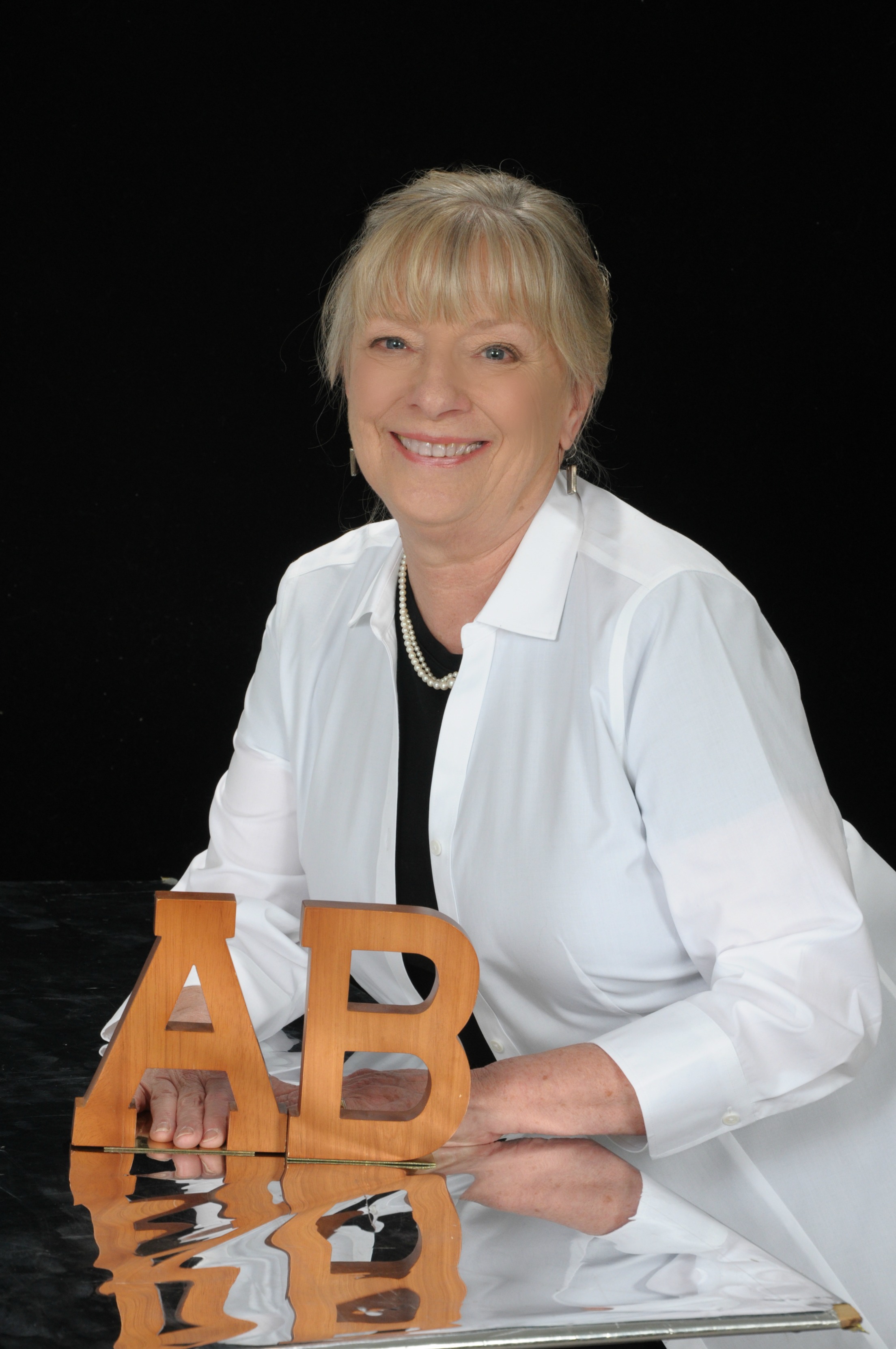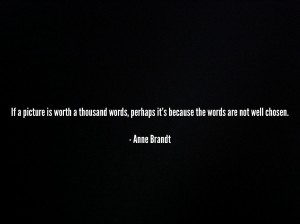One of my New Year’s resolutions is to read more, since I hardly read half a dozen books in 2006. Oh, I salved my conscience with magazines and newspapers and catalogs, but that is hardly what I’d call quality reading. It’s escapism.
So my friend Judi and I are going to read a book a month together this year and then discuss it. She picked the first selection, The Glass Castle, which I dutifully purchased and took on my Tahitian vacation. After all, there is no better relaxation than to sit by the ship’s pool with a drink in one’s hand and a good book in the other.
At first, I detested The Glass Castle (Judi, if you’re reading this don’t go on as I know you haven’t finished the book yet.). Actually I detested the parental figures in The Glass Castle. The book is a memoir written from the point of view of one of the children. It opens when she is three years old and attempting to cook something for herself on the gas stove. Her gown catches fires and she ends up in the hospital for serious burns requiring skin grafts. Her parents spirit her out of the hospital before the doctors would sign her out because they didn’t want to — and couldn’t — pay the hospital bill.
The first half of the book describes in detail the parents’ attitude toward raising children. They don’t believe in doctors, dentists, or medical care. They don’t believe in paying rent. They don’t believe children need discipline either. So the three girls and one boy raise themselves more or less.
I wasn’t sure I could finish the book, given that the parents were such self-centered, self-righteous, self-indulged personalities. I wanted to shake them or, better yet, remove their children from their care. At the same time, the children loved their parents as most abused children do.
My heart ached when one of the daughters had her eyes examined in school and was found to need glasses. The mother felt that glasses only made the girl’s eyes lazier, and she refused to buy them. The school got around this by not allowing the child into the classroom until she had the glasses, so the parents eventually capitulated. The description of what the girl saw both before and after having glasses was enough for any reader to cry.
In the last half of the book, the children grow up and fend for themselves. They see their parents as obstacles and move to gain some semblance of order in their lives by leaving home. It’s an heroic thing to do. And one that makes reading the book worthwhile.
I can’t wait until Judi finishes reading it, so we can discuss the arc of the story. Until then, suffice to say I’ve vetted my feelings here and now.








Leave a Reply